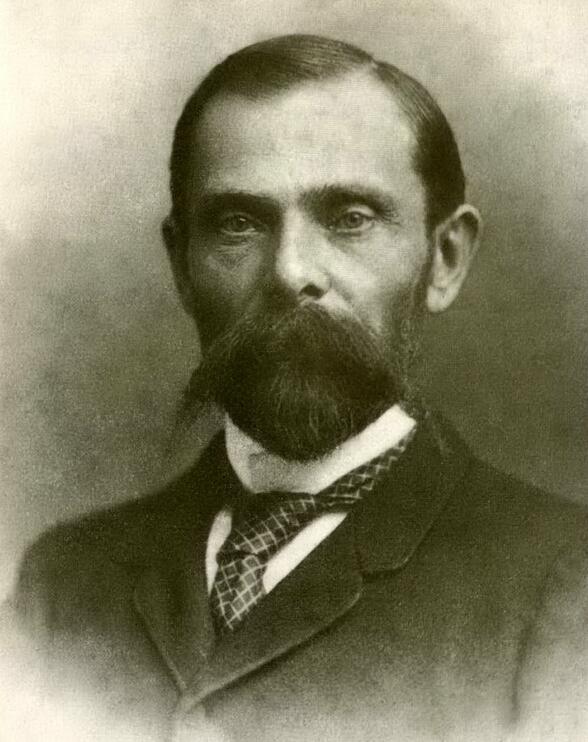Literature in Belarusian can be found in the later part of the Middle Ages, when the Belarusian areas were part of Lithuania. The Lithuanian Principality did not have its own written language, and Belarusian became its official language. The literature included religious writings, public and private documents.
A central figure in the first half of the 16th century was the humanist Frantsysk Skarina (c. 1490 – c. 1541), who introduced the printing press in Belarus and, among other things, translated the Bible into Belarusian (1517). After Poland and the Grand Principality of Lithuania entered into a union in 1569, Polish writing became dominant. From 1697 it was forbidden to publish books in Belarusian. During these centuries a very rich folk poetry emerged. By the divisions of Poland in 1772 and 1793, Belarus came under Russia, and the new rulers continued the oppression of Belarusian language and literature.
Until the mid-19th century, works by Belarusian writers circulated substantially as transcripts, and many were lost. The most important are two comic hero epics, Æneiden on the wrong side and Taras on the Parnasset, both of which favor the conventions of classicism. The importance of the development of the literary language and literary genres was held by Vikentij Dunin-Martsinkevich (1808–84) and Frantsisak Bahushevich (1840–1900), who published his lyrical poetry collections in Kraków and Poznań in Poland. As founders of modern Belarusian literature stand the lyricist and playwright Janka Kupala (1882-1942) and the lyricist and proseist Jakub Kolas (1882 to 1956). These two also became the central figures in Belarusian literature after the establishment of the Belarusian Soviet Republic in 1919, and they have had a decisive influence on the new poetic generations.
In Soviet times, Belarusian literature developed in parallel with the literature of the other Soviet republics, showing essentially the same subject choices: the history of the people, the civil war, industrialization and collectivization, the Second World War and the reconstruction afterwards. The claim of “socialist realism”, as in the rest of Soviet literature, often led to schematism, but from the 1960s Belarusian literature also shows a somewhat greater freedom in relation to the unification requirements. Of modern Belarusian writers especially Vasil Bykaw (1924–2003) gained great popularity with its human depictions of the days of the war, with ethical issues at the center of manufacturing. In an interview at the end of his life, Bykaw clearly stated that the current regime suppresses the further development of Belarusian literature.
Post-Soviet Belarusian literature has been characterized by both a national renaissance, the desire to break with established literary norms and an opening to general European literary traditions. Various literary groups set the tone for literary development. Initially Glasnost and then Belarus independence in 1991 meant new opportunities to give the Belarusian national traditions and the Belarusian language a more central position in the literature. The group Tutejshija (“The Local”) was formed in the late 1980s and settled with the Soviet heritage and the established literary institutions. The young members were politically active and saw the national idea as the central concern of literature, the Belarusian language to be purged of Soviet influence. The greatness of the Tutejzhija grouping lasted Aleksandr Lukashenko was elected president in 1994.
Lukashenko’s reign led to more difficult conditions for national, Belarusian literature. In 1995, Russian status was given official language in the country, in line with Belarusian. The reaction against this and the Tutejshija group’s focus on the national came with the Bum-bam-lit grouping, which was formed in 1994 and professed to postmodernism. Unlike their predecessors, they were markedly apolitical, they drew inspiration from Western European classics rather than their Belarusian predecessors, and they expanded the notion of what literature could be to include conceptual projects and performance. Unlike its predecessors in Tutejija, who saw it as their goal to bring the Belarusian culture out to the people, several of the Bum-bam-lit writers demonstrate a clear disappointment when it comes to their compatriots.
